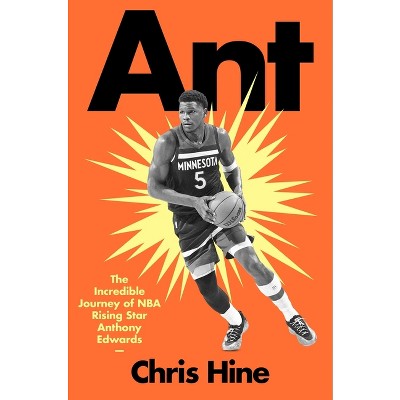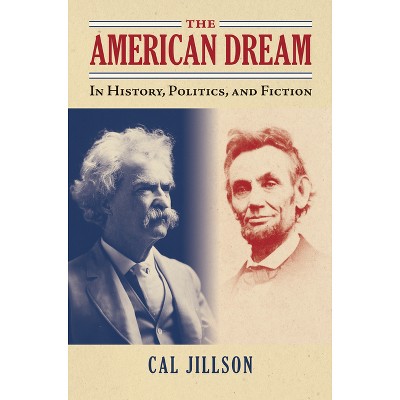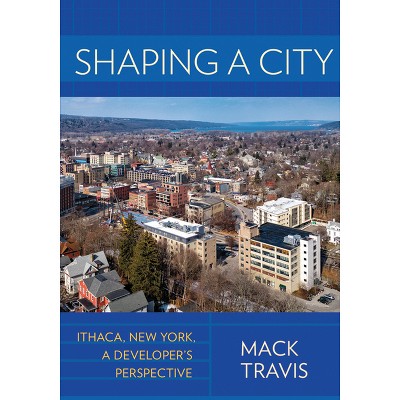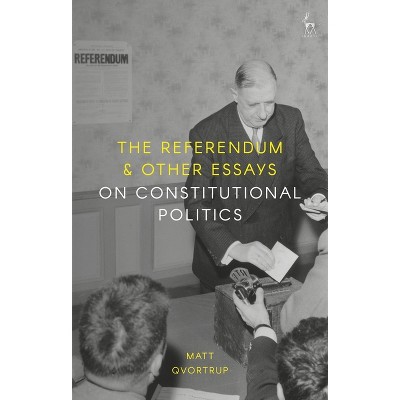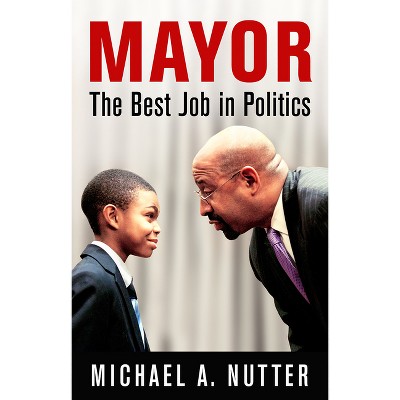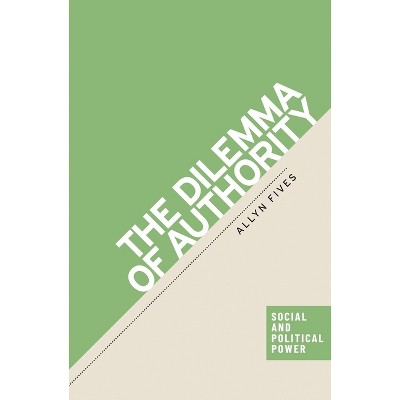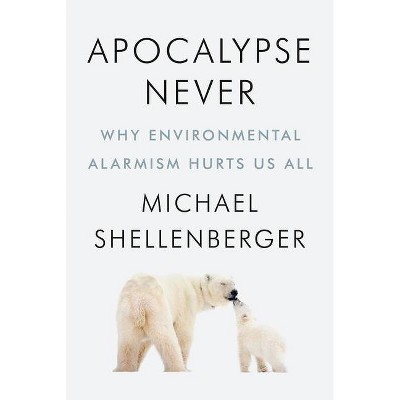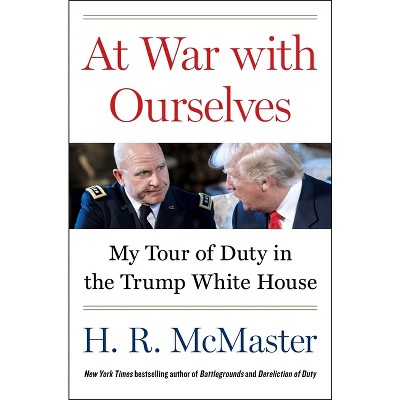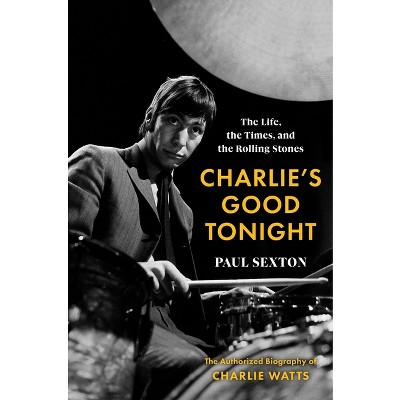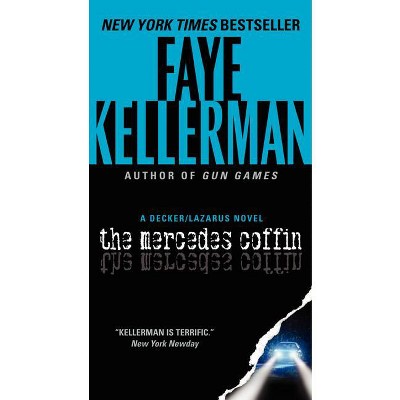Sponsored

San Fransicko - by Michael Shellenberger (Hardcover)
In Stock
Sponsored
About this item
Highlights
- National bestselling author of APOCALYPSE NEVER skewers progressives for the mishandling of America's faltering cities.
- Author(s): Michael Shellenberger
- 416 Pages
- Political Science, Public Policy
Description
About the Book
"Shellenberger has lived in the San Francisco Bay Area for 30 years, during which time he advocated for the decriminalization of drugs, and for alternatives to jail and prison. But as massive open-air drug markets spread across the state, Shellenberger decided to take a deep dive into the roots of the crisis. What he discovered shocked him: crime, poverty, inequality--all the things decades of Democratic rule were supposed to solve. The homelessness crisis is really an addiction and mental illness crisis. And the City of San Francisco and other Left Coast cities--Los Angeles, Portland, Seattle--not only tolerate hard drug use, often by severely mentally ill people, they subsidize it, directly and indirectly, attracting vagrants from across the United States. Why?"--Book Synopsis
National bestselling author of APOCALYPSE NEVER skewers progressives for the mishandling of America's faltering cities.
Progressives claimed they knew how to solve homelessness, inequality, and crime. But in cities they control, progressives made those problems worse.
Michael Shellenberger has lived in the San Francisco Bay Area for thirty years. During that time, he advocated for the decriminalization of drugs, affordable housing, and alternatives to jail and prison. But as homeless encampments spread, and overdose deaths skyrocketed, Shellenberger decided to take a closer look at the problem.
What he discovered shocked him. The problems had grown worse not despite but because of progressive policies. San Francisco and other West Coast cities -- Los Angeles, Seattle, Portland -- had gone beyond merely tolerating homelessness, drug dealing, and crime to actively enabling them.
San Fransicko reveals that the underlying problem isn't a lack of housing or money for social programs. The real problem is an ideology that designates some people, by identity or experience, as victims entitled to destructive behaviors. The result is an undermining of the values that make cities, and civilization itself, possible.
Review Quotes
"San Fransicko is outstanding. Michael Shellenberger pries loose the truth about homelessness and housing in America in this myth-shattering book -- and proposes tested, humane alternatives that work." - Richard Rhodes, Pulitzer Prize-winning author of The Making of the Atomic Bomb
"Civilized urban life is a precious accomplishment -- difficult to achieve and easy to squander. In this humane and reasoned book, Michael Shellenberger diagnoses the mistakes progressives made and maps out a practical, evidence-based path to improvement." - Steven Pinker, author, Enlightenment Now, and Johnstone Professor of Psychology, Harvard University
"In his compassionate, pragmatic, and truly indispensable book, Michael Shellenberger takes on the devastation of the urban environment. The sprawl of chaotic tent encampments populated by psychotic and addicted people is a daunting problem -- one that too many progressive authorities don't know how to solve. Or, worse, don't really want to. Shellenberger lays out a humane blueprint to help the suffering, revive the cities, and restore civic order." - Sally Satel, M.D., Senior Fellow, American Enterprise Institute, and Lecturer, Yale University School of Medicine.
"In this compelling and well-written book, Shellenberger challenges many long-held shibboleths about how we think about cities and social policy. Required reading for us liberals as we try to reimagine what cities should do, look like and whose interests they should serve." - Dalton Conley, Henry Putnam University Professor of Sociology, Princeton University
"What explains the shocking breakdown of public order in many of America's leading cities? Michael Shellenberger, with the erudition and iconoclasm he is known for, shows how catastrophe can result when good intentions are combined with bad ideas. San Fransicko is devastating." - Michael Lind, author of The New Class War: Saving Democracy from the Managerial Elite
"San Fransicko peels back layers of "progressive" rhetoric with peer reviewed science and data to show that the vast majority of California's unsheltered residents suffer from drug and alcohol addiction, and complex medical conditions, that cannot be solved by a key to a hotel room or higher cash stipends. Fierce bullies who make a living "protecting" the homeless status quo are the villains of this catastrophe, enabled by the feckless electeds and hippie nostalgia of Baby Boomers. Enough." - Jennifer Hernandez, civil rights lawyer
"Apocalypse Never is an extremely important book. Within its lively pages, Michael Shellenberger uses science and lived experience to rescue a subject drowning in misunderstanding and partisanship. His message is invigorating: if you have feared for the planet's future, take heart." - Richard Rhodes, winner of the Pulitzer Prize for The Making of the Atomic Bomb, on Apocalypse Never
"We must protect the planet, but how? Some strands of the environmental movement have locked themselves into a narrative of sin and doom that is counterproductive, anti-human, and not terribly scientific. Shellenberger advocates a more constructive environmentalism that faces our wicked problems and shows what we have to do to solve them." - Steven Pinker, Johnstone Professor of Psychology, Harvard University, and author of Enlightenment Now, on Apocalypse Never
"If there is one thing that we have learned from the coronavirus pandemic, it is that strong passions and polarized politics lead to distortions of science, bad policy, and potentially vast, needless suffering. Are we making the same mistakes with environmental policies? I have long known Michael Shellenberger to be a bold, innovative, and nonpartisan pragmatist. He is a lover of the natural world whose main moral commitment is to figure out what will actually work to safeguard it. If you share that mission, you must read Apocalypse Never." - Jonathan Haidt, author of Righteous Mind: Why Good People Are Divided by Politics and Religion on Apocalypse Never
"The painfully slow global response to human-caused climate change is usually blamed on the political right's climate change denial and love affair with fossil fuels. But in this engaging and well-researched treatise, Michael Shellenberger exposes the environmental movement's hypocrisy in painting climate change in apocalyptic terms while steadfastly working against nuclear power, the one green energy source whose implementation could feasibly avoid the worst climate risks. Disinformation from the left has replaced deception from the right as the greatest obstacle to mitigating climate change." - Kerry Emanuel, professor of atmospheric science, MIT, on Apocalypse Never
"Environmental issues are frequently confused by conflicting and often extreme views, with both sides fueled to some degree by ideological biases, ignorance and misconceptions. Michael Shellenberger's balanced and refreshing book delves deeply into a range of environmental issues and exposes misrepresentations by scientists, one-sided distortions by environmental organizations, and biases driven by financial interests. His conclusions are supported by examples, cogent and convincing arguments, facts and source documentation. Apocalypse Never may well be the most important book on the environment ever written." - Tom Wigley, climate scientist, University of Adelaide, former senior scientist National Center for Atmospheric Research (NCAR), and fellow, American Association for the Advancement of Science (AAAS), on Apocalypse Never
"San Fransicko is a lucid lesson in how self-serving ideological fads yank progressivism into a ditch, creating misery in the name of enlightenment. Shellenberger shows us one of the keys to running a city: knowing the difference between virtue signaling and getting results." - John McWhorter, linguist, writer for The Atlantic and The New York Times, and associate professor of English and comparative literature at Columbia University
Shipping details
Return details
Frequently bought together

Trending Non-Fiction






Discover more options
